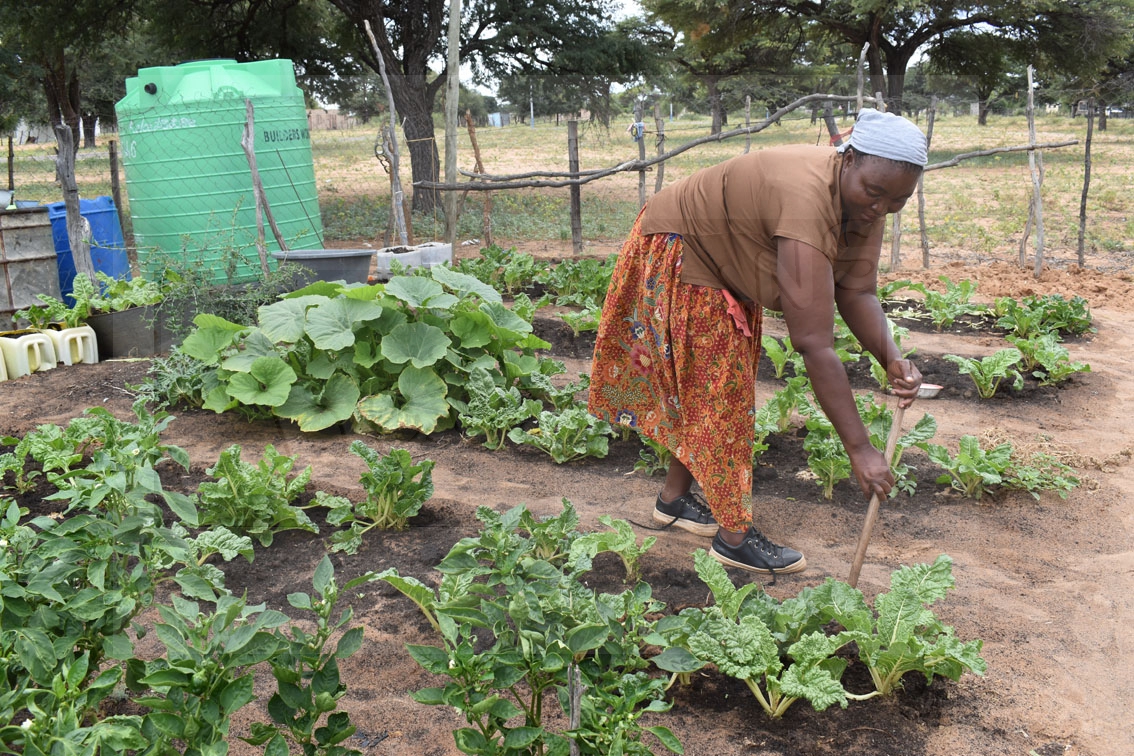Economy will bounce back- IMF
11 Sep 2024
The International Monetary Fund (IMF) says Botswana’s economic growth will slow down to one percent due to a slump in the diamond market.
In its statement following consultations with Botswana officials on Tuesday, the IMF noted that Botswana’s economic growth decelerated from 5.5 per cent in 2022 to 2.7 per cent in 2023. It added that it was below the potential growth of 4 per cent.
The IMF said a sharp decline in diamond trading and mining was the main contributor to the slowdown and that the global demand for rough diamonds had decreased.
“The slowdown is mainly due to a fall in diamond production, partly offset by construction projects financed by the fiscal expansion,” reads the statement.
However, the IMF said the economy was expected to bounce back and that growth was forecast to average 5 per cent over the next two years due to higher prices and quantities of diamonds produced.
“But the economic outlook is highly uncertain with the emergence of cheaper lab-grown diamonds, and the announced sale of De Beers by its UK parent company,” notes the IMF.
It said inflation has also remained within the central bank’s medium-term objective range since July 2023 and that it was expected to remain low.
“The financial sector is broadly sound, stable and resilient,” reads the statement. The IMF also notes that the fiscal deficit is projected to widen further to 6 per cent of GDP, reflecting a further decline in mineral revenues and higher expenditure.
Furthermore, the IMF noted government’s plan for a substantial fiscal adjustment in the next two years to reach a fiscal surplus. It said foreign reserves were expected to decrease to five months of import cover due to weak growth in customs revenue and higher government foreign debt repayments.
“Risks to the outlook remain elevated due to the emergence of cheaper lab-grown diamonds, and uncertainty over the recovery of major export markets,” reads the statement.
The IMF said a fall in diamond revenue could be accommodated by a mix of higher fiscal deficit and the reprioritisation of capital expenditure, saying projects undertaken should bring the highest value for money.
It welcomed the government’s planned fiscal consolidation, saying it was critical to end the depletion of government’s financial buffers and to build resilience against shocks and prevent fiscal sustainability.
It said one per cent of GDP fiscal surplus would generate sufficient savings to protect the budget against major economic shocks. The IMF also welcomed government’s decision of not only focusing on expenditure, but also increasing revenues. It supported the monetary policy because inflation has declined since August 2022 and was projected to remain within the medium-term objective.
It noted that accelerating growth and job creation required a fundamental shift towards greater private sector participation and a more diversified export base as well as a more efficient public sector.
The IMF recommended that government should prioritise state owned enterprises modernisation and improve the infrastructure for doing business such as providing Internet, energy and logistics. “These goals could be enshrined in the new NDP, supported by time-bound and well-prioritised action plans,” it said. ENDS
Source : BOPA
Author : Tebagano Ntshole
Location : MOLEPOLOLE
Event : INTERVIEW
Date : 11 Sep 2024





